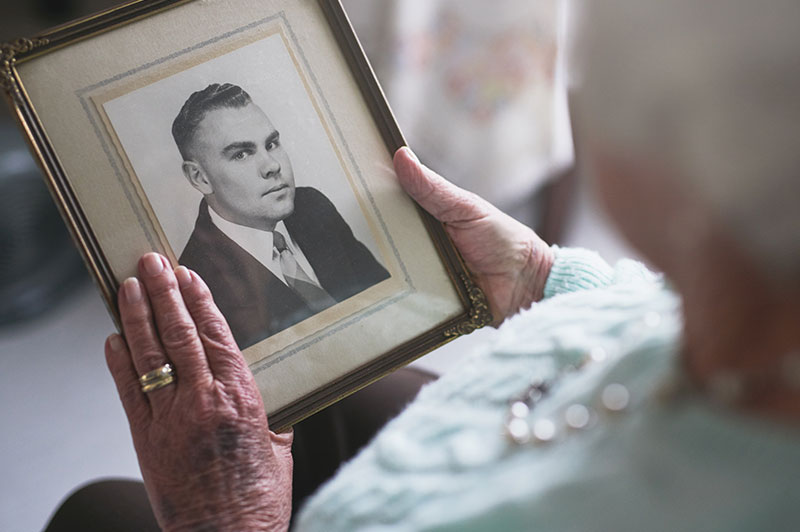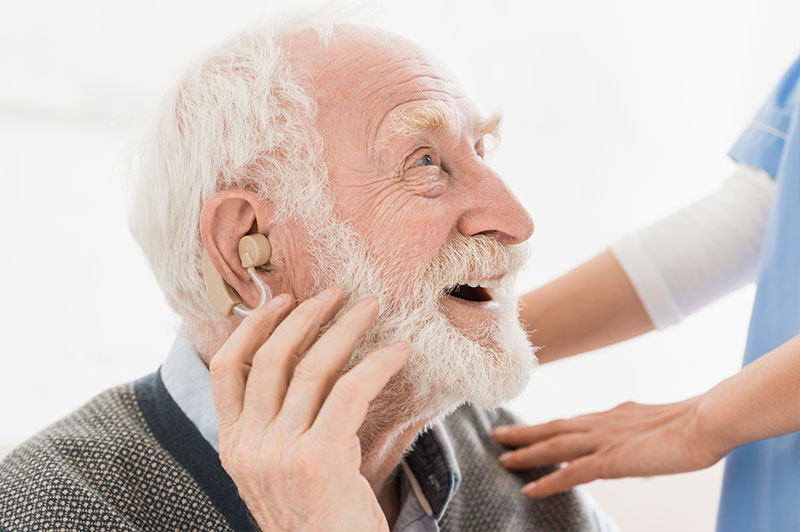The Emotions That Come With Caring for Aging Parents, and How to Manage Them


Caring for aging parents raises some complicated emotions.
If you’re feeling a bit discouraged in your role in caring for aging parents, take heart; you’re in good company. Providing care for a loved one is perhaps one of the most complex roles we can hold: highly rewarding on one hand, while simultaneously frustrating and ever-evolving, often leading to feelings of doubt about whether we’re up to the challenge and providing the best possible care.
It’s why so many family caregivers struggle with some or all of these types of feelings:
- Guilt: You may feel as though you’re not doing as much as you should to help your loved one, that you’re selfish for wanting time away to yourself, or that you’re inadequate to provide the help your loved one needs.
- Helplessness: There are some circumstances when you simply can’t solve the problems your loved one is facing.
- Anger or frustration: This can be directed at yourself, other family members who seem as though they’re not doing their fair share, or even at your older loved one for causing you to be in this situation.
- Resentment: Particularly common when caring for someone who hurt or betrayed you in the past, it’s easy for those feelings to resurface when that person is now in your care.
- Hopelessness: When a loved one faces a difficult diagnosis such as a chronic or terminal condition, feelings of hopelessness can settle in, which can lead to despondency or depression.
Acknowledging these feelings, and accepting that they are perfectly normal, is a good place to start. These tips can also help:
- Share your feelings. Find a trusted friend, family member, or professional counselor to vent to, someone who can provide a different perspective and help you to shift your thinking to a more positive slant.
- Consider the advice you’d offer a friend. Sometimes, stepping out of your circumstances and picturing how you’d respond to someone else going through these feelings can offer valuable insight. Offer the same encouragement you’d provide to another to yourself.
- Find a care partner. Working with a professional home care provider, like Hired Hands Homecare, enables you to achieve a healthy life balance – something that is vital to every caregiver.
Contact our trained, experienced, and compassionate at home caregivers in Santa Rosa and the surrounding area by calling (866) 940-4343 and let us walk alongside you with the high quality, customized care services your loved one deserves – allowing you to take much-needed time for self-care. We’re always available to answer any questions you have, to provide helpful resources specific to the challenges you’re facing, and to provide a complimentary in-home consultation to share more about how we can help.








Leave a Reply